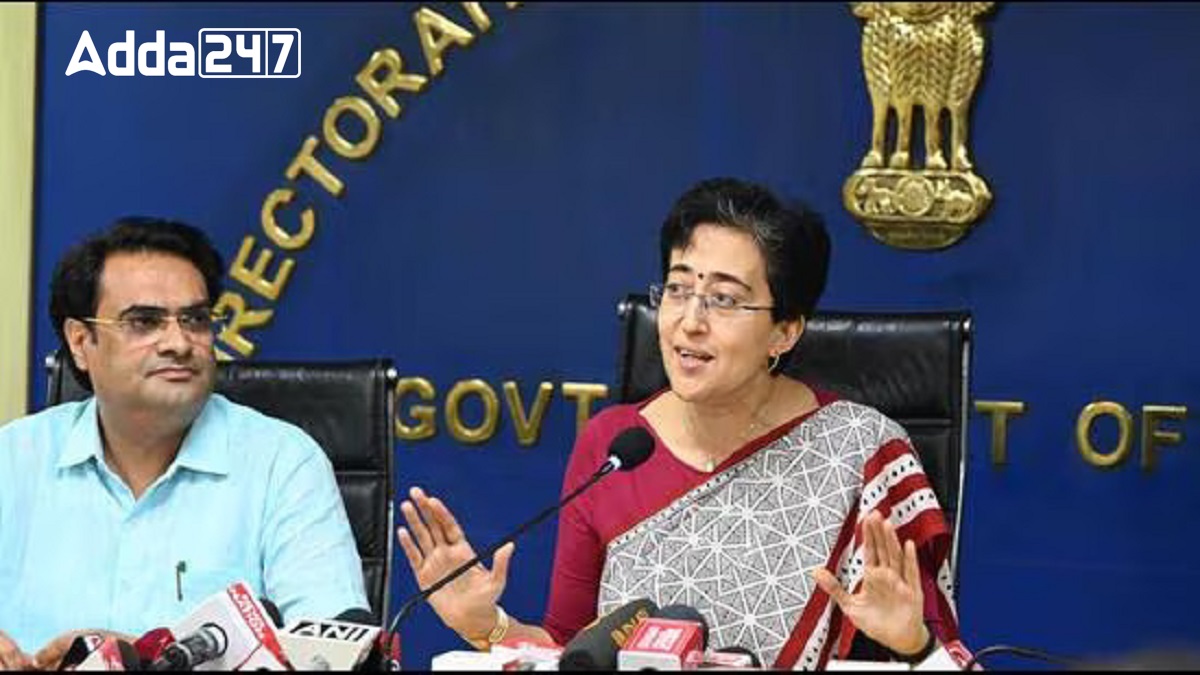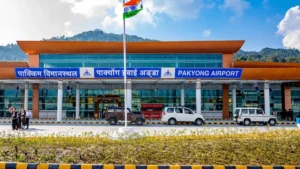Delhi Chief Minister Atishi has announced a significant increase in the minimum wages for workers in the capital, effective October 1. Unskilled workers will now earn ₹18,066, semi-skilled workers ₹19,929, and skilled workers ₹21,917 per month. Atishi emphasized that under Arvind Kejriwal’s leadership, Delhi boasts the highest minimum wages in the country, a historic step aimed at preventing the exploitation of the poor. She criticized the BJP for opposing wage increases and accused BJP-ruled states of offering wages that are often half of those in Delhi, highlighting the government’s commitment to accountability and integrity in serving its citizens.
Details of Wage Increases
The monthly wages have risen as follows:
- Unskilled Workers: From ₹17,494 to ₹18,066
- Semi-Skilled Workers: From ₹19,279 to ₹19,929
- Skilled Workers: From ₹21,215 to ₹21,917
Atishi stated that the wage hike aims to provide relief from inflation ahead of the festive season and noted that a notification regarding the increase would be issued shortly.
Political Reactions
The BJP has dismissed the wage hike as an election gimmick, with Delhi BJP general secretary Yogendra Chandolia accusing the government of failing to ensure minimum wages for contract workers. He challenged the CM to guarantee that all contractual employees receive their 30 days’ payment at or above the minimum wage for skilled workers.
Delhi’s Winter Action Plan
In addition to the wage hike, the Delhi government has launched a comprehensive 21-point Winter Action Plan targeting air pollution. Environment Minister Gopal Rai announced measures including drone monitoring of pollution hotspots, real-time identification of pollution sources, and an anti-dust campaign set to begin on October 7.
Drone Monitoring
For the first time, drones will be deployed to monitor 13 pollution hotspots identified by the Delhi Pollution Control Committee (DPCC) and the Central Pollution Control Board (CPCB). This initiative aims to allow real-time identification and action against sources of pollution.
Emergency Measures
The Winter Action Plan also includes potential emergency measures such as artificial rain and an odd-even vehicle rationing scheme, which may be implemented during periods of extreme pollution. Rai stated that an advisory would be issued to encourage voluntary vehicle restrictions and that efforts would be made to tackle various pollution sources, including vehicular emissions, industrial emissions, and open waste burning.
Public Participation and Enforcement
The plan emphasizes public participation, with campaigns such as an e-vehicle parade and an anti-pollution march to mobilize community involvement. However, experts caution that the plan’s success hinges on effective enforcement.
Ongoing Criticism
Despite the proposed measures, the Delhi BJP continues to criticize the government’s approach, urging for more serious and immediate action against pollution. Delhi BJP President Virendra Sachdeva expressed regret over the announcements, pointing out the persistent issue of stubble burning in neighboring Punjab, and called for an all-party meeting to address these concerns.




 Mount Abu Renamed Aburaj! Rajasthan Chan...
Mount Abu Renamed Aburaj! Rajasthan Chan...
 From Separate Wells to Shared Meals: How...
From Separate Wells to Shared Meals: How...
 Pakyong Airport to Be Renamed After Free...
Pakyong Airport to Be Renamed After Free...








